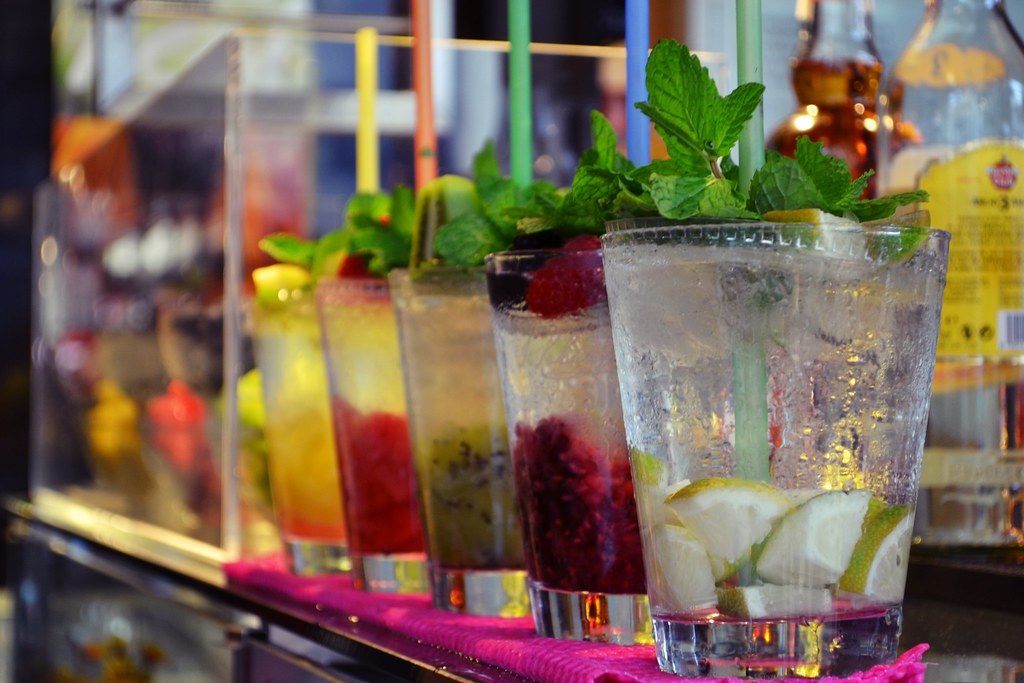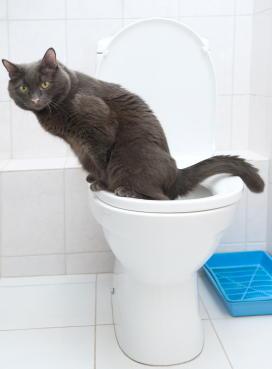
Why Does My Cat Prefer Drinking Dirty Water?
If you’re a cat owner, you know the importance of ensuring your feline friend has constant access to water, particularly if their diet includes dry food. You might place a bowl of pristine, fresh water on your immaculate kitchen floor.
Yet, what does your cat do? Perhaps it sniffs the bowl and walks away or ignores it completely as if drinking water were an absurd notion for any self-respecting feline.
“Perhaps kitty just isn’t thirsty right now,” you muse. However, later on, you catch sight of your cat eagerly lapping up stagnant water from a puddle in the yard as though it were ambrosia.
Understanding Your Cat’s Preferences
Cats are known for their independence and self-sufficiency. But surely your pet isn’t turning its nose up at the clean water you’ve provided just to prove it doesn’t need you? After all, even though cats can hunt mice quite efficiently, they don’t refuse the food you offer them.
The answer lies not in their independence but rather in their sensitive sense of smell. Tap water is often treated with chemicals like chlorine that are undetectable to us but highly offensive to a cat’s keen olfactory senses. This chemical odor is much more pronounced than many people realize and can be quite off-putting for our furry companions. In contrast, stagnant puddles may contain decaying plant matter and microorganisms that create an enticing aroma for cats.
The Role of Cleaning Agents
Apart from chemical odors in tap water, cleaning products used on bowls also contribute to this issue. While it’s essential to regularly wash your cat’s dishes for hygiene reasons, residual cleaners leave behind scents that deter cats from drinking out of them. Interestingly enough though—the scent emanating from leftover food particles overshadows these cleaner odors—making eating less problematic compared with drinking.
Solutions: Encouraging Healthy Drinking Habits
- Thorough Rinsing: Ensure every trace of detergent is rinsed off when washing your pet’s dishware; remember—a feline’s sense perception far exceeds ours!
- Aerate Tap Water: Allow tap-water-filled bowls time before presenting them so any lingering chemicals dissipate naturally into air molecules over time—thus reducing detectable smells significantly better tolerated by kitties’ refined nostrils!
These simple steps should encourage healthy hydration habits unless—of course—your curious creature finds itself too enamored with outdoor adventures & wild waters beyond immediate reach indoors!




